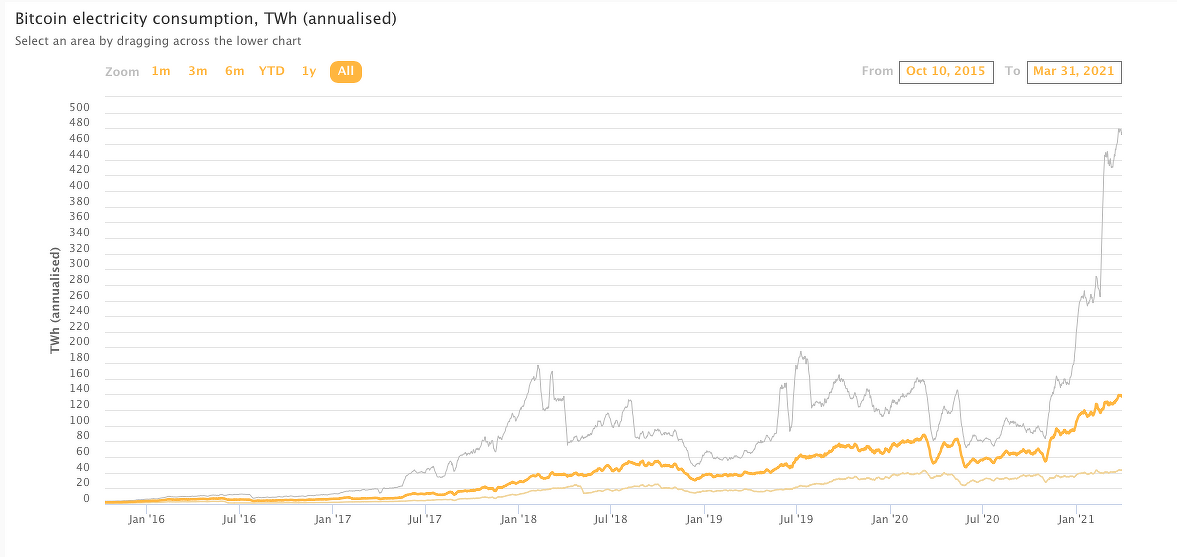Some areas in Balochistan as well as South Waziristan and Kurram areas of Khyber-Pakhtunkhwa still lack access to basic telephony and Mobile broadband services, despite billions of rupees invested by the Universal Service Fund (USF) to extend cellular, broadband internet, fiber optics, and other telecommunication services to un-served or underserved areas.
USF has spent around Rs. 68.186 billion for the aforementioned purposes.
USF was created in 2007 to stretch cellular, broadband internet, fiber optics, and other telecommunication services to un-served or underserved areas. All telecom companies have been contributing 1.5 percent of their revenues to the USF.
Some of the areas that are still under- or un-served include South Waziristan, North Waziristan, Orakzai, Kurram, Jhal Magsi, Dera Bugti, Nasirabad, and Jaffarabad.
According to officials, the challenges that the USF faced in providing telecom services to such areas included rugged terrains, sparse population, harsh weather, lack of electricity, poor logistics, and security clearance, among other localized challenges.
Sources told ProPakistani that the government subsidizes projects in areas that do not support the business plans of the telecom operators.
According to official documents, of the total Rs. 68.186 billion subsidies, Ufone took a significant chunk of subsidy i.e. Rs. 18.219 billion (26.72 percent), PTCL took Rs. 16.134 billion (23.6 percent), Telenor had Rs. 18.184 billion (26.67 percent), Zong received Rs. 5.613 billion (8.23 percent), Wateen took Rs. 4.847 (7.11 percent), World Call’s share was Rs. 1.273 billion (1.87 percent), and Jazz took Rs. 2.25 billion (3.3 percent).
Telecommunication coverage was recorded around 44 percent in 2006-07, which has increased to around 74 percent since the creation of USF.
After the issuance of 3G and 4G licenses by the federal government, this program has been redesigned to include the broadband equivalent data (internet) services as a compulsory component. For new projects, the powering of telecommunication sites through solar energy was also made a part of each project.
An official said that the government may amend the USF rules and expand its scope by including e-education and e-health. A proposal was under consideration with respect to suspending telecom operators’ contribution of 1.5 percent of their annual revenue to USF. However, so far, no final decision has been announced by the government in this regard.
The government, as per its Digital Pakistan vision, is considering expanding the scope of USF and introducing e-education and e-health, the official added.
